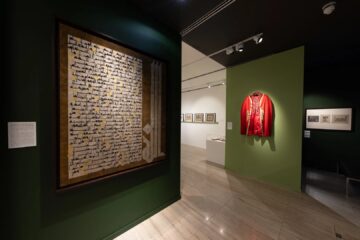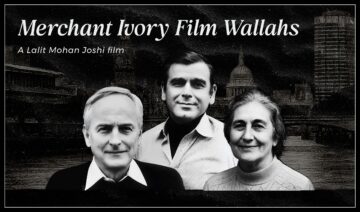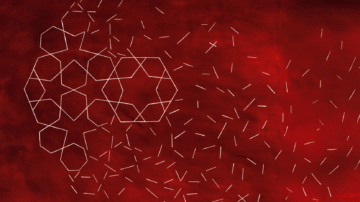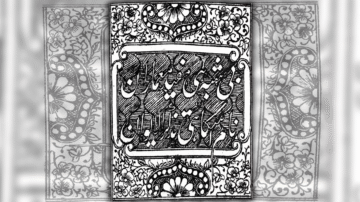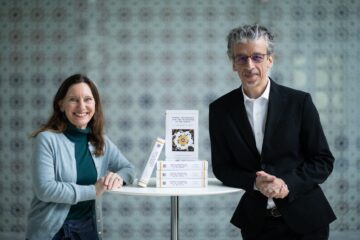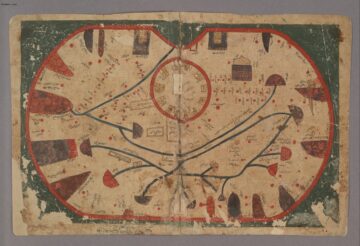- South Asian Studies
- Talks and Lectures
Echoes of Devotion: The Art, History, and Legacy of Qawwali
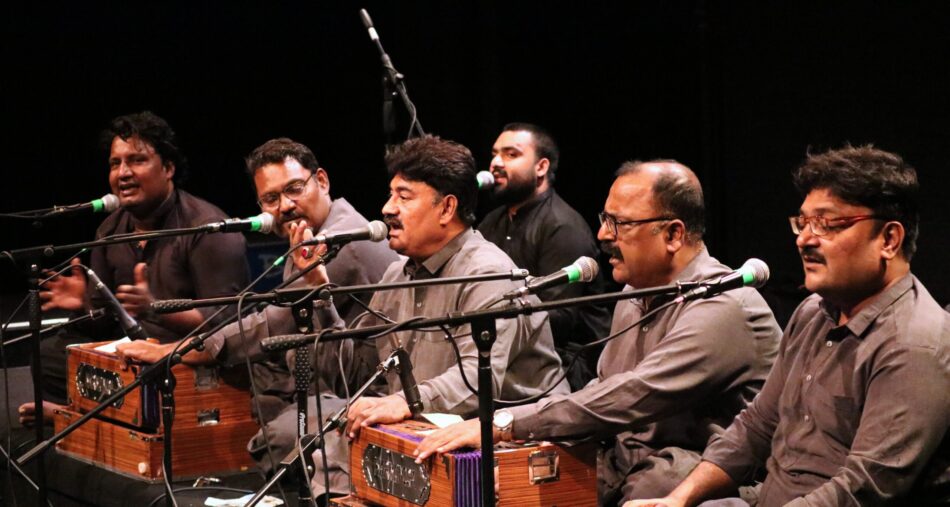
-
Status
Open -
Date
19 Jun 2025 -
Location
Aga Khan Centre
Sponsors



This event will be held 18:30-21:30 on 19 June 2025. Doors open at 18:00.
The seminar will explore one of the most enchanting, soulful, and transcendent art forms in the world — Qawwali. For centuries, this musical tradition has been a medium for expressing love, devotion, and the spiritual connection between the human soul and the Divine. Encompassing everything from the early modern performance of 13th/14th-century Persian poetry of Amir Ḳhusraw and Sa‘di Shirazi, to its modern day development by world-renowned artists like Nusrat Fateh Ali Khan and Abida Parveen, and to Coke Studio, the medium has been mesmerizing audiences for centuries.
At the seminar we’ll be delving deep into the rich history of Qawwali, understanding its musical intricacies, and experiencing the spiritual power it embodies. We will also hear from scholars, artists, and practitioners who will guide us through the fascinating journey of this tradition, including representatives of the Delhi Gharana of Qawwals, which traces its origins back to Amir Ḳhusraw himself.
The event is being organised by SAMA Arts Network in conjunction with the South Asian Studies Unit at the Institute of Ismaili Studies with support from Indus Music and SAYarts.
The South Asian Studies Unit at the IIS is an interdisciplinary unit promoting scholarship on the history, culture and traditions of Muslims in South Asia with particular reference to Shi’i Islam and its Ismaili traditions.
Sama Arts Network is one of the UK’s oldest and most influential arts organisations in the genre of traditional and contemporary South Asian arts. It also presents Orchestral, Jazz and World Music.
Photography and videography by SAMA Arts Network may be taking place during this event.
Programme schedule:
Introductory remarks
- Dr William Rees Hofmann
- Jay Visvadeva
Seminar panel
- Dr Saif Mahmood
- Kamran Anwar
- Najmuddin Mohammad
- Jameela Siddiqi
- Jay Visvadeva
- Wajiha Ather Naqvi
Break
Q&A
Film excerpts
Speakers
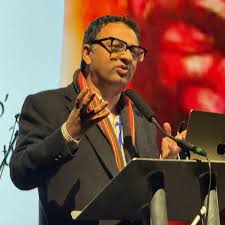
Dr Saif Mahmood
Dr Saif Mahmood, author of the bestselling “Beloved Delhi: A Mughal City and Her Greatest Poets” is a leading South Asian voice on Urdu poetry and its cultural legacy. A globally sought-after public speaker, he works to showcase the richness of Urdu poetic traditions, framing poetry as a living cultural document. The legendary Zia Mohyeddin described him as “one of those rare intellectuals who know how to wear their intellect.”
Saif serves as Vice President of Urdu Culture London and Trustee of Anjuman Taraqqi Urdu UK, actively working to preserve and promote Urdu’s literary and cultural heritage in the United Kingdom.
An international corporate commercial lawyer by profession, he is an Advocate of the Supreme Court of India and has recently served as Visiting Academic at the University of Oxford.
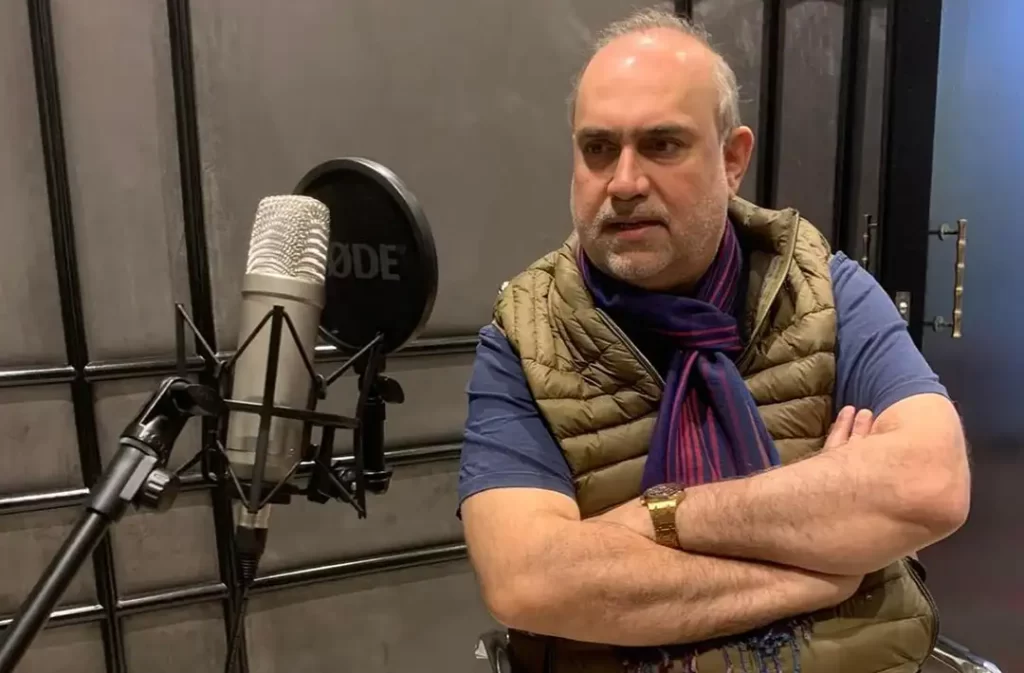
Kamran Moin Anwar
Kamran Anwar took a year-long sabbatical from his finance career to create the film Songs of the Sufi, driven by his passion for Qawwali and his desire to conserve classical Qawwali roots and inform others about the unknown nuances of this spiritual music genre. Prior to this endeavour, he directed Rung, a widely acclaimed collection of traditional Qawwali CDs featuring extensive insights on the genre, performers, and Qawwali translations, each amassing 5 million+ YouTube views. He also researched and narrated Hidden Gems of Lahore, a Destinations Media series uncovering Lahore’s unique historic sites. He is a frequent speaker on art and culture and is an avid collector of miniature paintings, Indian silver, and contemporary Pakistani art.
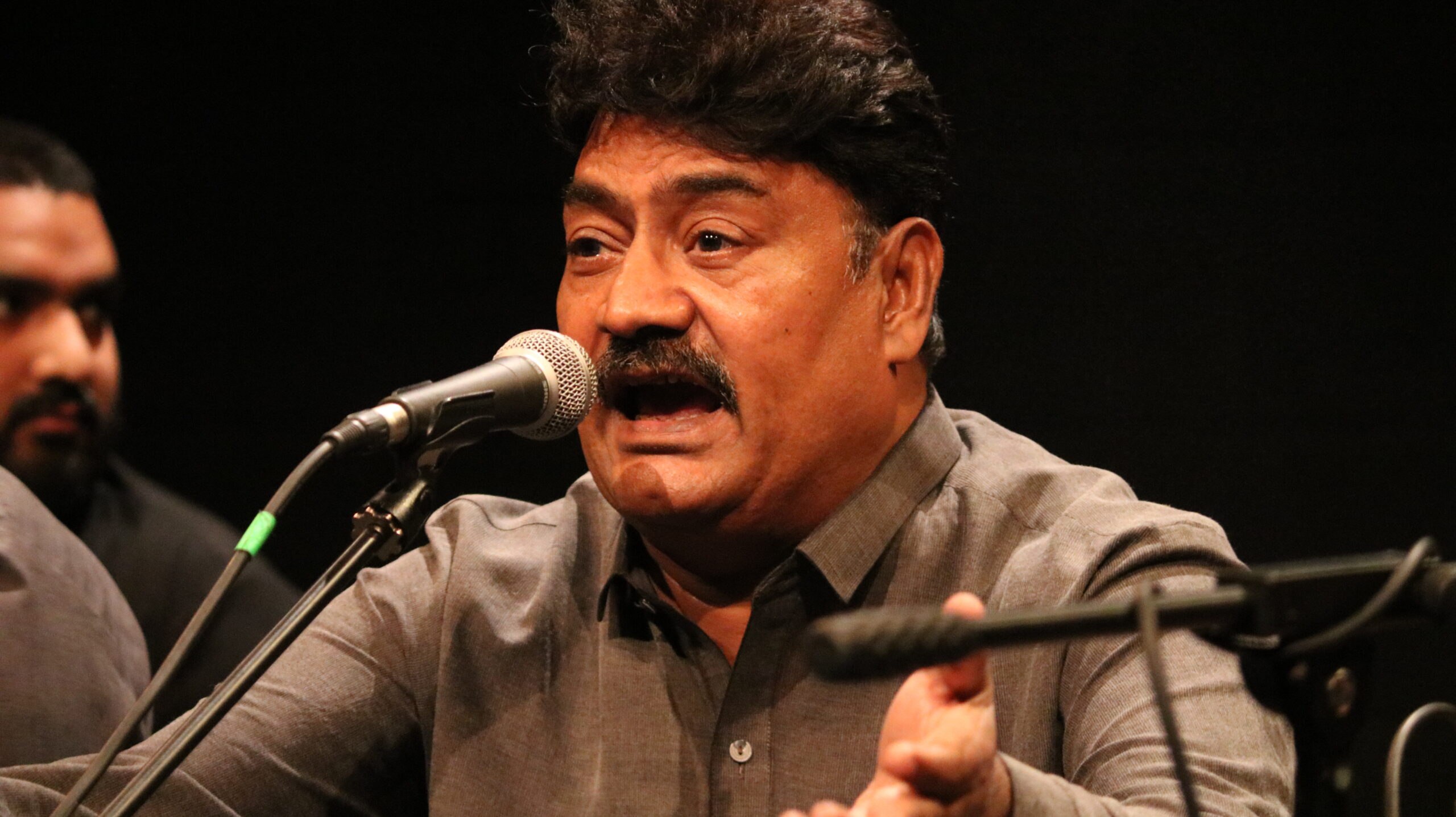
Najmuddin Mohammad
Najmuddin Mohammad is the eldest son of Ustad Qawwal Bahauddin Khansahib – maestro of the Khusrau tradition of Qawwali and descendent of the Qawwal Bachchay Gharana of Delhi. He is the leader of the group Najmuddin Saifuddin Qawwal, currently touring the UK.
He has demonstrated a great sense of commitment in learning Sufi poetic verses, vocal techniques & musical instruments from his father. Beginning his career accompanying his father, he began performing on his own in 1993 under his guidance and blessings, and has led the Najmuddin Saifuddin Qawwal & Brothers Group since his father Ustad Bahauddin Qawwal’s demise in 2006.
His expertise in qawwali extends to sung poetry and genres in various languages, namely Arabic, Persian, Hindi, Punjabi, Sindhi, Saraiki, Braj, Awadhi and Purbi, as well as in English. He was crowned (1999), turbaned as well as appointed as doyen (2004) in the Chishti Sufi Order. Furthermore, he has also written an article titled Qawwali-In the Light of History. Apart from performing publicly, he is regularly invited to seminars, festivals and symposiums specially arranged on different occasions. He has travelled Europe, Asia, America & Africa several times.
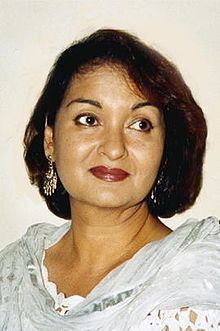
Jameela Siddiqi
Jameela Siddiqi is an award-winning broadcaster, journalist, novelist and a leading commentator on Indian classical music. She read History at the London School of Economics and worked as a television news producer for several years while also immersing herself in Indian Classical music, dance and poetry. She won a Sony Gold Award for her BBC documentary, Songs of the Sufi Mystics, (1997) and has translated film, folk and classical Indian poetry and songs and has acted as a language consultant for Oxford University Press. Also, a contributor to the Routledge Encyclopaedia of Hinduism and the Penguin Rough Guide to World Music, she has a chapter in The Intimate Other – Love Divine in Indic Religions, Longman Orient, New Delhi, 2005 with a special focus on the devotional music of Hindus, Muslims and Sikhs
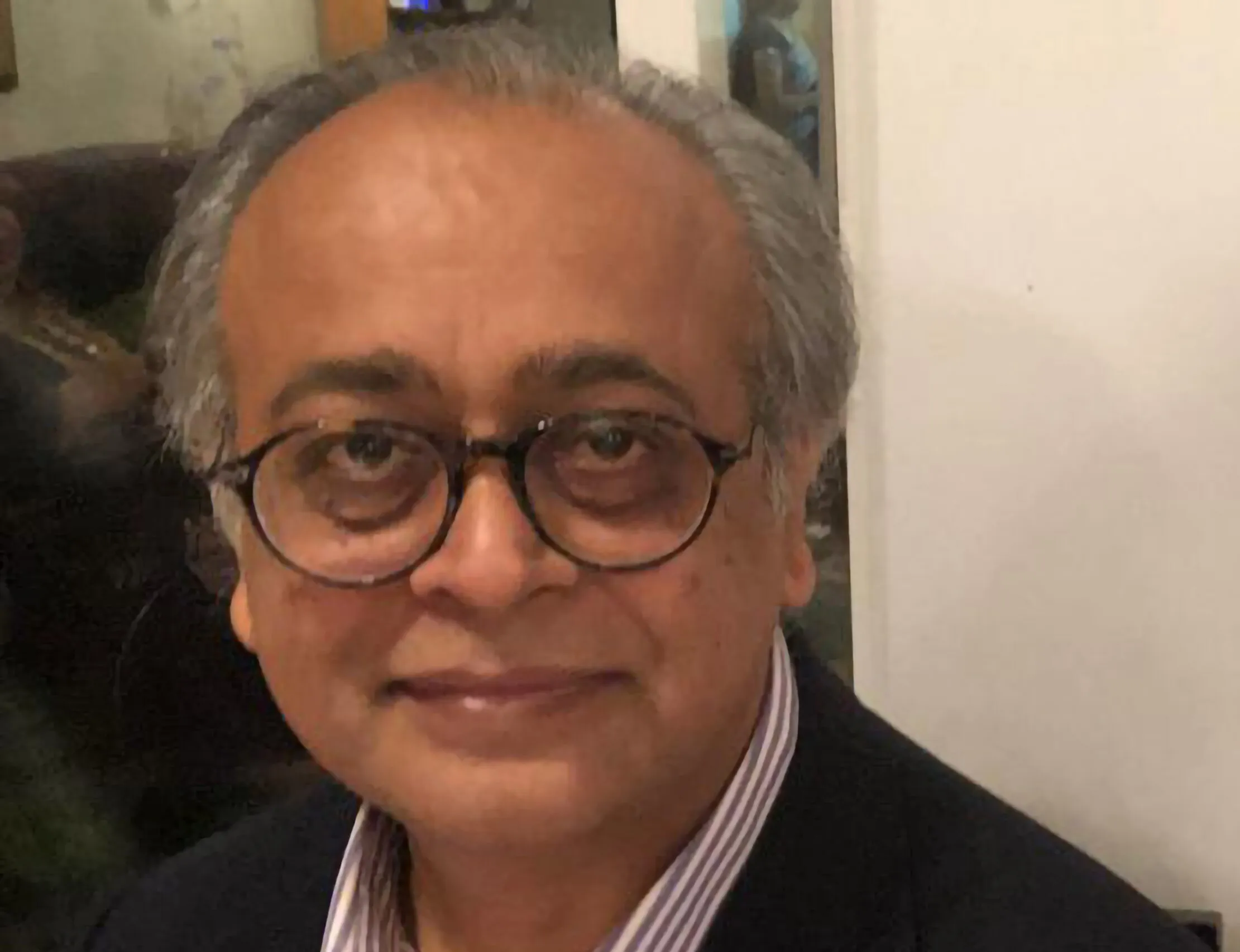
Jay Visvadeva
Jay Visvadeva is an honorary artistic director of SAMA Arts Network and has been involved in the arts and been a passionate advocate for the artistic traditions of the South Asia regions for the last 50 years.
SAMA is one of the UK’s oldest and the most influential arts network in the genre of traditional and contemporary South Asian Arts. It presents a wide variety of Indian classical, orchestral, and contemporary music, including Jazz and other world music projects.
He has curated over 2,750+ events and has worked with over 3,500 artists and presented them in over 500 venues covering 143 cities and towns in the UK and from around the world. He has recorded over 3,700 hours of recordings, as well as 1,500 hours of film footage. The list of artists presented includes some of the greatest names in the performing arts of the South Asia and other parts of the world.
Some 500 hours of Jay’s work has been released via the Navras label through a wide variety of formats, including digital downloads, as well as physical products, CDS and DVDs. The catalogue is now released worldwide via Sony India.
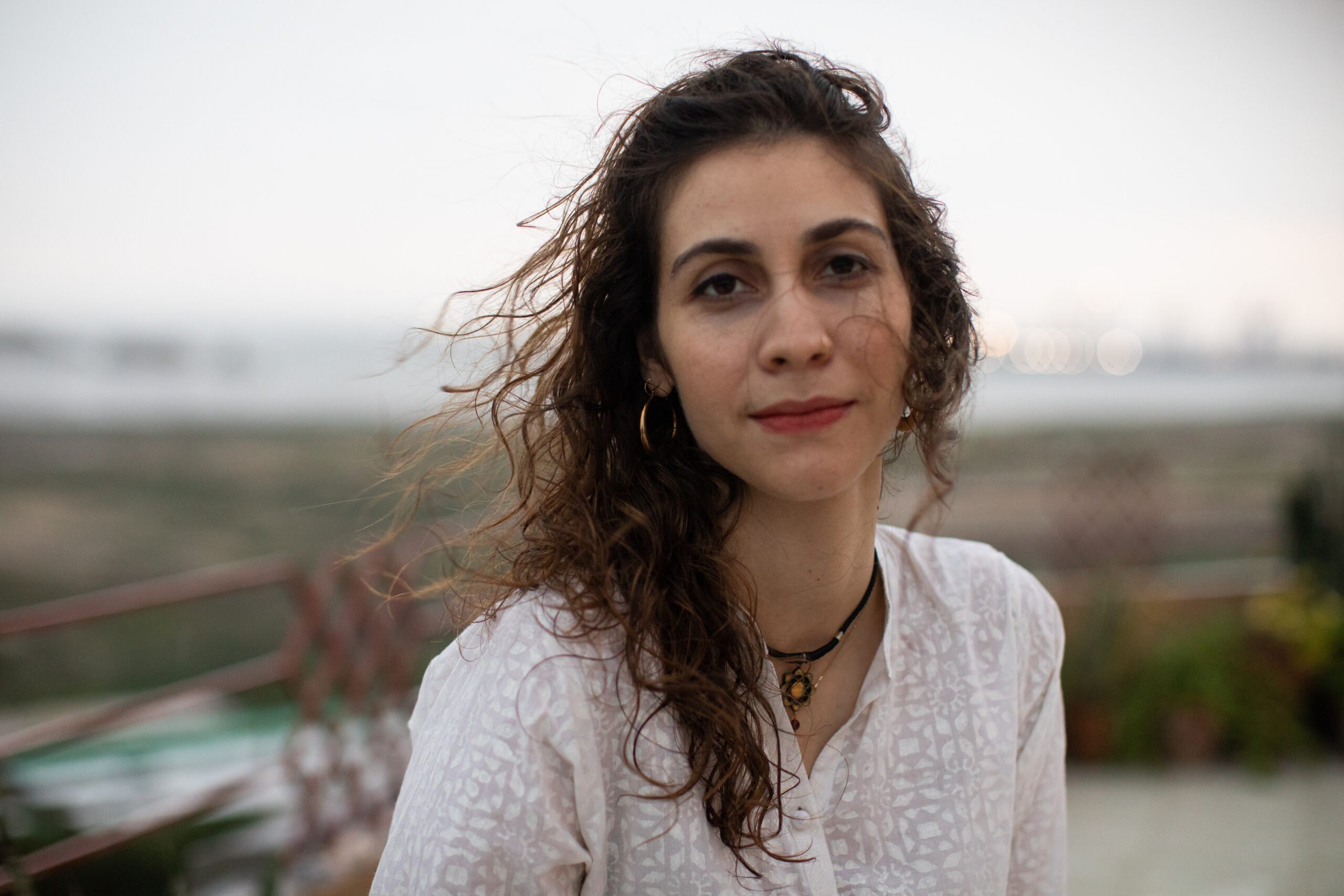
Wajiha Ather Naqvi
Wajiha Ather Naqvi is a vocalist and ethnomusicologist from Karachi, Pakistan. She is currently a 3rd year PhD candidate at the King’s College London Music Department, where she is investigating Sufi-Islamic devotion and musical practice within the ritual gatherings of samā‘ in contemporary urban Pakistan. Her previous writings have been published inv arious publications, such as Scroll.in, Himal South Asia, Dawn, and Dastavezi, a multi-media open-access journal on South Asia. As a singer, she has been featured in Coke Studio Pakistan Seasons 11 and 13, and has received Hindustani vocal training under the apprenticeship of Ustad Naseeruddin Saami and Rauf Saami of the Qawwal Bacche, Delhi gharana.”
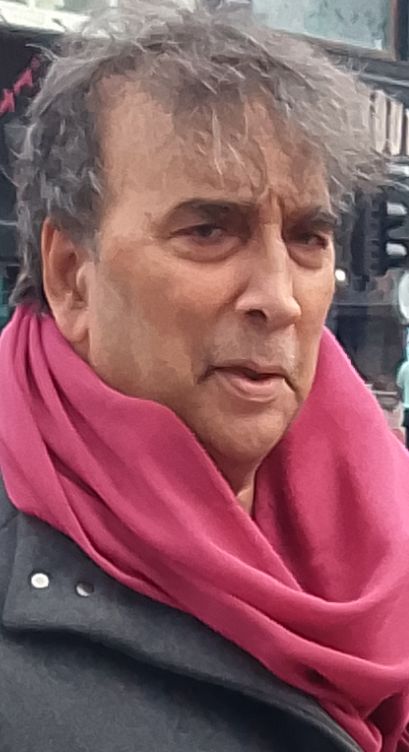
Kaleem Sheikh
BSc MA- London
Kaleem Sheikh was trained in Indian classical music by Ustad Sultan Khan.
He has lectured on and performed Sufi Qawwali at the Nehru Centre and Marylebone Theatre. In 1992-1983 he was commissioned by BBC Radio to produce a feature on the A-to-Z of Indian classical music.
He has also lectured on Indian cinema and poetry at Kings Place, and performed with Ustad Sultan Khan for Mr Ismail Merchant and Mohammad Reza Shahjarian of Iran. His work is endorsed by British Parliamentarians and Urdu scholars.

William Rees Hofmann
Research Associate
William Rees Hofmann (PhD, SOAS) is a Research Associate at the Institute of Ismaili Studies. He has published on the musical knowledge and Afghan biographies of the poet-musician Amīr(pl. umarāʾ) Arabic lit. a prince, a commander, or a leader. In early Muslim history, the word amīr referred to an army commander. During the Umayyad and Abbasid periods, the… Ḳhusraw, and the construction of Hindustani music history in Mughal texts. He is currently working on the connected textual and musical traditions of Nizārī Ismā’īlī, Sufi, and Bhakti devotion in early modern Gujarat, Rajasthan, and the Deccan, as well as completing a monograph, tentatively titled Amīr Ḳhusraw and Sufi Ecologies of Song: South Asian Musical Traditions from the Sultanate to Early Mughal Period, under contract with EUP. William is also a multi-instrumentalist and composer specialising in both the Indian Sarod and the Afghan Rubab, and is the director of Ensemble Khusrawi, an Indo-Persian musical ensemble.

